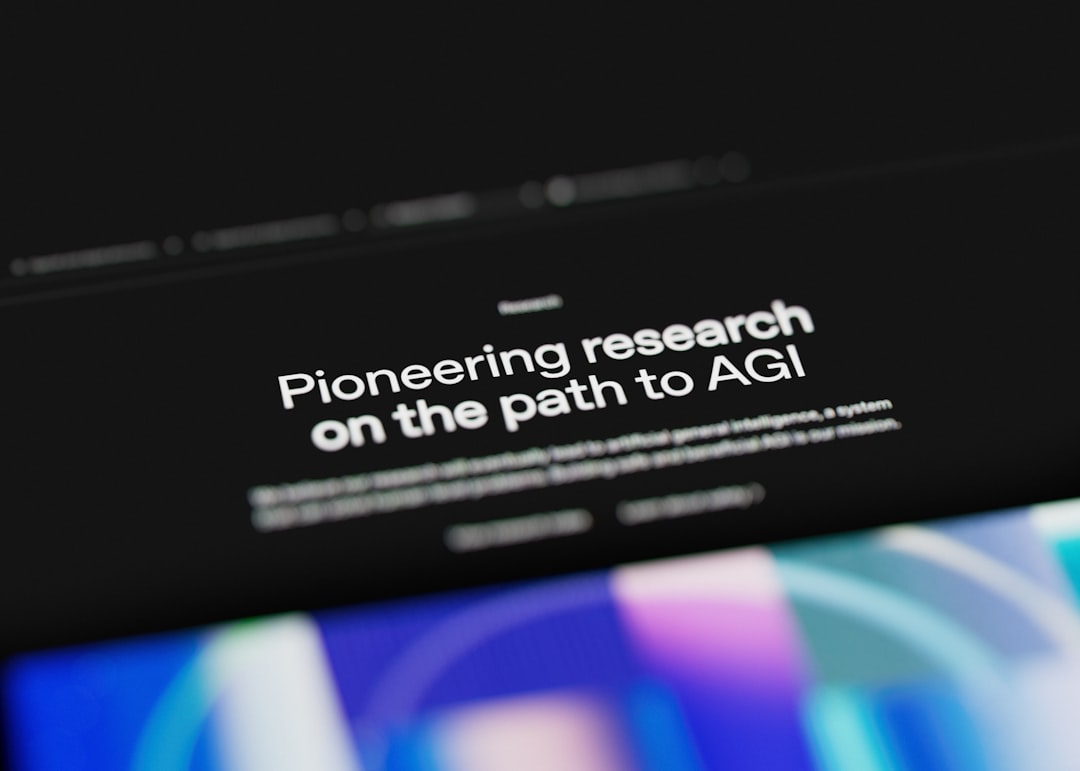As artificial intelligence continues to define the future of digital experiences, AI-powered search engines are making remarkable strides. Among these, Liner AI has emerged as a noteworthy contender, promising intelligent answers, summarized content, suggested resources, and a more personalized browsing experience. But how well does it actually perform, and are there credible alternatives worth exploring?
Originally developed as a highlighter tool for the web, Liner has evolved into an AI-enhanced search assistant that delivers concise, curated responses. Integrating natural language processing with web search capabilities, Liner AI tries to simplify the process of information discovery, focusing on relevance, reliability, and personalization.
Understanding Liner AI’s Core Features
What sets Liner AI apart from traditional search engines is its commitment to refining and summarizing large data inputs into digestible insights. It uses a combination of AI models to scan through websites, highlight key points, and provide contextually intelligent summaries. Here are a few of the key functions:
- Summarized Search Results: Instead of showing a standard list of links, Liner AI delivers AI-written summaries of the best answers it finds online.
- Smart Highlighting: Liner allows users to highlight crucial information on websites and PDFs, helping tailor the research process to individual needs.
- Recommendations Engine: The platform also offers related topics and articles based on user highlighting behavior, offering a personalized research journey.
- Browser Integration: Liner provides browser extensions that integrate natively with platforms like Google and YouTube to enhance content understanding.
Liner AI turns raw web content into structured insights, making it ideal for students, professionals, and researchers in search of efficient knowledge acquisition.

Use Cases and Limitations
Despite its strengths, like any AI solution, Liner AI has its limitations. Its summarizations can sometimes lack nuanced understanding, especially when dealing with complex or highly technical information. Moreover, reliance on external content sources means answers can be impacted by content quality or bias inherent in the source.
That said, it still proves useful in a range of scenarios:
- Academic Research: Students use Liner to digest extensive sources quickly, often improving research efficiency.
- Professional Briefing: Professionals rely on Liner’s summarizations to keep up with rapidly changing information in their industries.
- Casual Inquiry: For general knowledge or casual web browsing, Liner excels at giving fast, readable insights without overwhelming searchers.
Given current technological constraints, users should think of Liner AI not as a replacement for true comprehension but rather as a digital assistant that supports more efficient information retrieval.
Top Alternatives to Liner AI
Although Liner AI is gaining popularity, it’s not the only powerful AI-based search tool available. Other alternative platforms are quickly catching up—or even surpassing—in certain dimensions of performance and scope. Here are a few reputable contenders:
- Perplexity AI: A research-centric engine, Perplexity AI answers queries with citations. It stands out by offering transparency about its sources and allowing continuous thread-based conversation for deeper exploration.
- You.com: A privacy-focused AI assistant that integrates GPT-based search with customizable modules. Users can personalize search outcomes across categories like code, academia, and social media.
- Bing Chat (Microsoft Copilot): Powered by OpenAI’s GPT-4 architecture, Bing offers conversational searching seasoned with current web data, fetching real-time results along with citations and media.
- Google Bard: Leveraging Google’s deep data index, Bard is designed to complement Google’s classic search model with natural language processing capabilities.
Each alternative brings its own benefits. For instance, Perplexity’s transparency via direct citations aids academic users, while You.com’s customization appeals to users looking for niche knowledge across multiple domains.

Conclusion: Is Liner AI Right for You?
Liner AI offers a compelling solution for those seeking a smarter, faster way to digest information, especially in dynamic browsing situations. Its ability to highlight, summarize, and recommend content streamlines online research, making it particularly useful for students, journalists, and knowledge workers.
However, no single tool is perfect. Depending on the user’s needs—whether it’s citation-based credibility, customization, or multimedia integration—alternatives like Perplexity AI or You.com may provide a better fit.
The future of search is rapidly shifting toward intelligent interaction and real-time summarization. Liner AI is clearly part of that movement, but savvier users will pair its strengths with other AI engines to create a well-rounded research experience.
